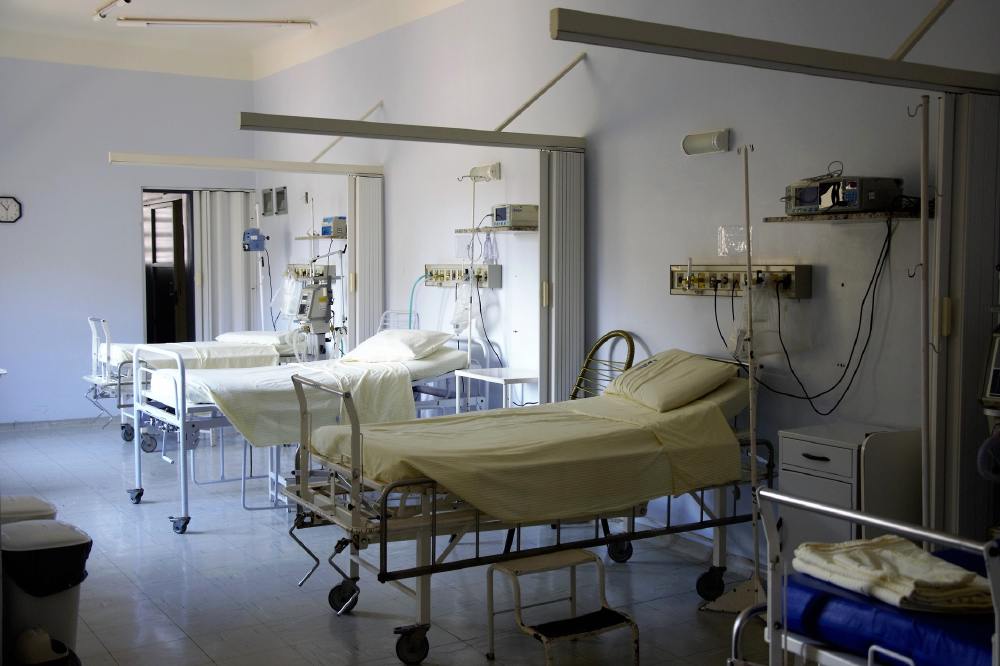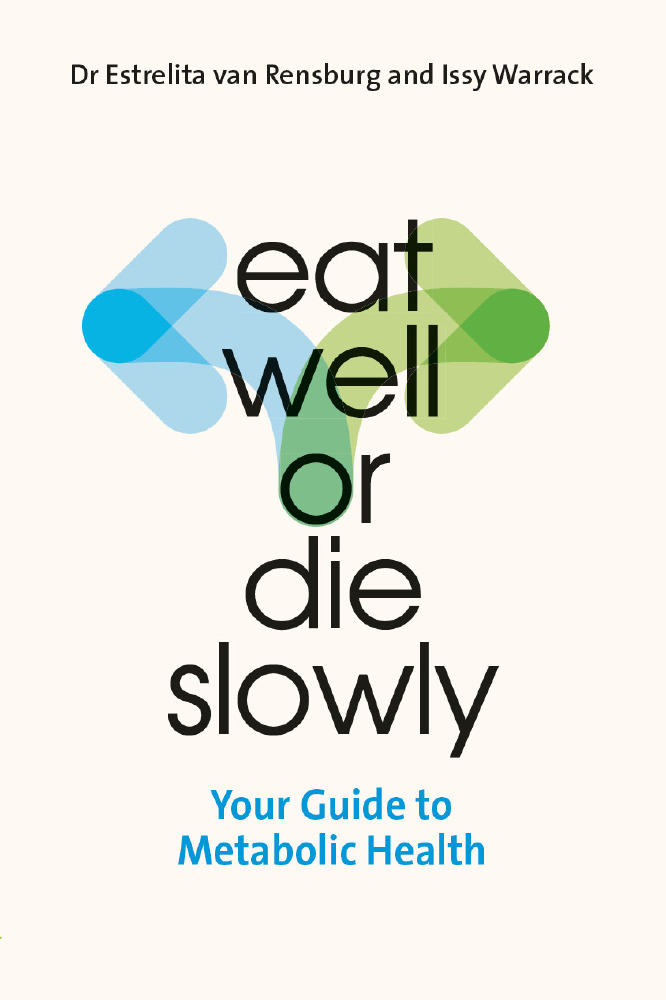The Government’s official guide to healthy eating is so dangerously inaccurate that it could be responsible for nearly a third of all Covid-19 deaths in Britain, a leading virologist and former medical director of one the world’s largest clinical research companies has warned.

Eatwell Guide
The ‘Eatwell Guide’, created by Public Health England (PHE), is said to carry a “swathe” of nutritional advice that has been shown to increase the likelihood of obesity and type-2 diabetes.
According to the guide, nearly 40 per cent of a ‘healthy, balanced diet’ should consist of starchy carbohydrates like bread, pasta, rice, and potatoes.
When other food types in the guide containing carbohydrates are also taken into account, the actual daily intake could be as much as 65 per cent.
People should also be eating fewer saturated fats found in milk and dairy products like cheese and butter, it claims.
But high-carb, low-fat diets have been “consistently linked” to obesity and type-2 diabetes because they cause a surge in blood glucose and a spike in insulin levels which in the long-term lead to insulin resistance, Dr Estrelita van Rensburg, a leading expert on biomedical research warns.
Obesity and type-2 diabetes have both been found to increase the risk of complications from Covid-19.
Of the 23,804 deaths from coronavirus in hospitals in England recorded between 31 March and 12 May, 7,466 (31.3 per cent) had type-2 diabetes, the NHS’s first breakdown of underlying health conditions among the fatalities showed.
Dr van Rensburg oversaw laboratory trials at the clinical research giant Quintiles (now IQVIA) including metabolic disease medicines for diabetes, heart disease, and Alzheimer’s disease between 2007 and 2014.
She previously worked in vaccine research for over 10 years, serving as the head of the medical virology departments of Stellenbosch University and the University of Pretoria in her native South Africa.

Dr van Rensburg, who is also a medical doctor and who now focuses her medical interest on nutrition and metabolic diseases, said the majority of patients with type-2 diabetes are encouraged to follow the ‘Eatwell’ guidelines because their GPs have no reason to doubt its recommendations.
But numerous studies have proven that low-carb diets are capable of controlling – and in some cases, reversing – type-2 diabetes without the need for medication.
The guide, which was introduced in 1983 and has consistently recommended a high-carb diet, is also endorsed by both the NHS and diabetes charities.
Dr van Rensburg said that this means that the general public have been “surrounded” by this nutritional guidance for nearly 40 years, which she believes has led to a type-2 diabetes “epidemic”.
She is now calling on the government to urgently revise its official advice, which she fears may be ultimately responsible for nearly a third of all coronavirus deaths in the UK.
Speaking at the virtual launch of her new book ‘Eat Well or Die Slowly’, a guide to nutrition and metabolic health that was co-authored with business partner Issy Warrack, she said: “Numerous studies have shown, unequivocally, that consistently high levels of blood sugar can and does lead to metabolic diseases like type-2 diabetes.
“Despite this, the Eatwell Guide, the government’s own official dietary advice, has consistently recommended a significantly large – and patently dangerous – amount of starch-rich carbohydrates which, when consumed, trigger an increase in blood sugar and insulin levels.
“This inaccurate advice is at the bottom of the type-2 diabetes epidemic in the UK and, regretfully, is therefore directly responsible for the number of type-2 diabetics who experienced fatal complications after contracting the novel coronavirus in 2020.”
The Eatwell Guide is described as “a policy tool used to define government recommendations on eating healthily and achieving a balanced diet” and is based on a US scheme that aimed to reduce heart disease among Americans.
Previously known as the “Eatwell Plate”, the current guide was updated in March of this year and advised people to eat more fruit and vegetables.
But the latest version also reduced fats to just 11 per cent and increased carbs to 37 per cent – a five per cent rise on the previous guidelines.
This equates to 150g of net carbs per day, or the equivalent of 38 teaspoons of sugar. NHS guidance, however, limits daily sugar intake to 30g, or just seven teaspoons.

The situation is even worse when all recommended food types within the guide – including fruits and snacks – are considered. In a presentation to the House of Commons in 2019, obesity researcher Dr Zoe Harcombe, of the University of West of Scotland, calculated that the daily carbohydrate intake could be as high as 65 per cent.
Dr van Rensburg, now the co-founder of West Sussex-based nutritional advice consultancy Wellness EQ, said the high-carb, low-fat advice is not based on any meaningful evidence.
What is known, she said, is that a high daily carbohydrate intake puts people at a higher risk of developing metabolic diseases across their lifetime.
Whilst glucose (the breakdown product of carbs and sugar) provides cell energy, an excess amount can lead to obesity and trigger insulin resistance. This can impede the body’s energy-making (metabolic) system and can lead to the onset of diabetes, hypertension, heart disease and dementia.
The World Health Organization has separately warned of the link between high sugar intake and cardiovascular disease.
A 2016 study by the University of West Scotland, on the other hand, found no correlation between saturated fat and heart disease or cholesterol.
Dr van Rensburg criticised PHE for allowing the food industry and drug giants to have such a major role in formulating the guidelines.
Processed food manufacturers rely on sugary carbs in their products – such as ready meals and snacks – in an effort to improve the taste of their low-fat products, she claimed.
Pharmaceutical companies, she added, have a vested interest in obesity and metabolic diseases because they produce the medication that treats them and, as a result, do not promote dietary changes to address the root cause.
She also criticises diabetes charities for continuing to endorse the guide, which she claims is because they receive large financial donations from major pharmaceutical and food production companies.
She said: “The UK’s national Eatwell Guide has been distorted by the food and pharma industries since its creation. These sectors want to protect the status quo for purely financial reasons, and what’s staggering is that they’re continually unchallenged.
“One of the reasons for this is that many diabetes and other health charities have close connections to pharmaceutical companies and food manufacturers, often in the form of sponsorship.
“There is a clear conflict of interest here and I believe that such charities feel that they have no option but to endorse the Eatwell Guide rather than to state anything that may upset these sponsors and jeopardise that revenue.”
The NHS alone spends an estimated £0.7billion pounds on type-2 diabetes drugs per year.
In light of the Covid-19 outbreak, the national guidance must “urgently” be changed to reflect the science, irrespective of commercial profits, she said.
NHS research earlier this year revealed people with type-2 diabetes are two times more at risk of dying from coronavirus.
A further study published earlier this month by the University of North Carolina found that people with obesity are 113 per cent more likely to be admitted to hospital with coronavirus and 74 per cent more likely to need intensive care treatment.
At her virtual book launch, Dr van Rensburg told guests: “My assessment is that nearly one third of the total Covid-19 deaths could have been avoided should our national nutritional guidance have been different.
“The current Eatwell Guide must be urgently reviewed to reflect all existing and emerging evidence about diabetes and obesity, and ensure that society’s most vulnerable people are protected throughout this pandemic and beyond.”
Eat Well or Die Slowly: The Guide to your Metabolic Health by Dr Estrelita van Rensburg and Issy Warrack is available now on Amazon priced £6.99 in paperback and £4.99 as an eBook.
For more information, visit www.wellnesseq.net/
Tagged in Health Diabetes Diet eating habits

